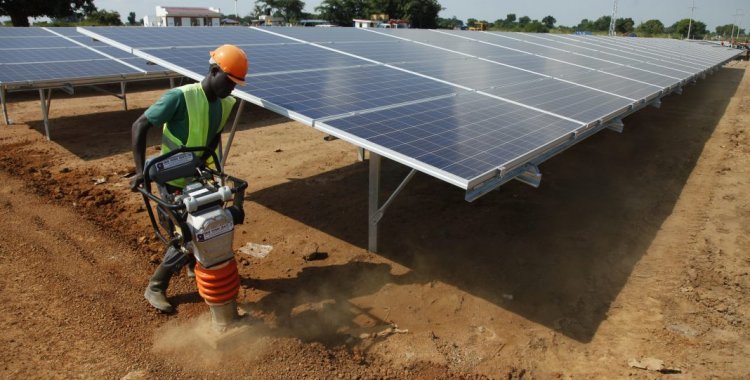"With the energy transition accelerating, and covid-19 wiping out any oil recovery made in recent years, time is running out for a number of countries that have failed to diversify their economies beyond fossil fuel exports," reads a report on the energy transition.
Algeria, Iraq and Nigeria "are among the first victims of this slow wave of political instability that will engulf the most exposed oil producers," adds the document sent to clients and to which Lusa had access, and in which Angola, Equatorial Guinea and Kazakhstan are pointed out.
"These countries will also be affected unless they adapt to the threat that the move away from hydrocarbons poses to their economies," the text also reads.
Oil companies are changing business models to focus on less polluting fuels, including gas and renewables, and several multilateral financing banks, such as the African Development Bank, have already announced that they will stop financing investments in 'dirty' fuels like coal.
"Our analysis suggests that many, if not most, oil producers will struggle with diversification primarily because they lack adequate legal and economic institutions and the necessary infrastructure and human capital," say analysts at Verisk Maplecroft.
"Even if these institutions are in place, the political environment, governance and corruption challenges and vested interests mean that some will fail to reform, even though this is clearly the rational path," they opine.
In addition to the Middle Eastern countries, Verisk Maplecroft lists several producers in West Africa "with fragile and autocratic or semi-autocratic political systems, such as Angola, Gabon, Congo, Cameroon, and Equatorial Guinea.
All these countries, they warn, "have restrictive exchange rate regimes that expose them to abrupt currency devaluations," which influences the purchasing power of citizens and is therefore a further political risk for these governments.







